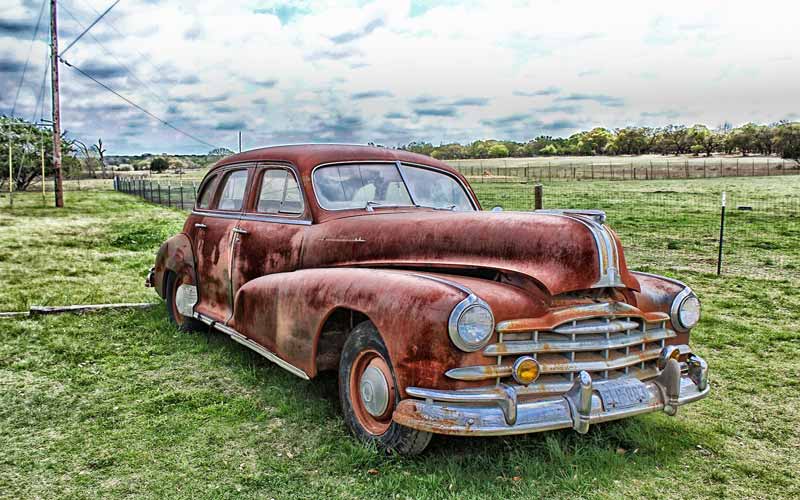Dealing with rust isn’t a foreign concept for car owners. And while some owners ignore the effects of rust, it’s important to know that rust can significantly modify a car’s integrity and function. Rust, or iron oxide, is a type of erosion that is non-toxic to humans, but it’s something that can have damaging effects to your car. No vehicle is immune to the orange powder which coats the surface of the metal. This is because any metal containing iron like most kinds of steel you find in vehicles can form rust when exposed to air and water.
The Effects of Rust
The degree of effect rust has on any vehicle depends on the severity of the corrosion. Superficial or shallow rust can be easily cleaned and dealt with, while more severe cases need the attention of a professional.
Rust affects cars in several ways.
- Bad appearance
The orange powder characteristic to rust doesn’t result to only a change in color. Rust also makes the metal surface of a car rough and flaky, which you can often observe in the underside of many cars.
- Decreased durability and strength
Aside from superficial concerns like appearance, rust also makes the metal components of a car weaker. The strong iron or steel components of the car’s frame or internal body are replaced by flaky powder. This can even lead to holes or perforations in the sheet metal.
Though some metals like aluminum will result to only a thin layer of rust, the corrosion can still steadily chip away at the whole piece of metal.
- Increased friction at joints
The transformed rough texture of the metal surface as well as the decrease in durability in car parts can also affect function. Many metal parts in the internal components of a car are supposed to glide smoothly against each other, creating functional joints.
Rust can affect these joints and surfaces. It’s common to see stuck nuts and bolts in rusted cars, often leading to disastrous problems in the road.
- Demagnetized components
Another unfortunate effect of rust on cars is demagnetization. Iron oxide is far less magnetic than its non-oxidized or non-rusted counterpart. This means that parts which are oriented as magnets or function as magnets would not work when corroded.
- Damaged conductors
Lastly, there are also metal parts in the car which serve as metal conductors. These conductors, like those using iron, are important in the internal flow of electricity.
Rusting affects the effectivity of these conductors. Iron oxide is an insulator.
Written by Marc Laferierre, owner of Dents Unlimited. Dents Unlimited offers the best collision repair Columbia MO has to offer.

